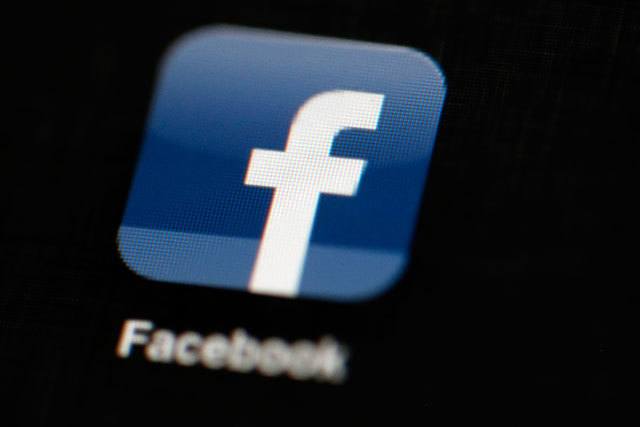Faked out
Modern news is a blood sport.
In one corner, we have truth: the unvarnished, cold facts.
In the other corner, we have truthiness: the belief that something feels true, even if it’s not supported by facts.
Lately, truthiness has been throwing haymakers, and truth has been pummeled so badly it looks like Sylvester Stallone at the end of “Rocky.”
Fact and fiction look exactly alike on social media websites, and when truth and truthiness are on equal footing, people are going with their guts. A BuzzFeed analysis of the top news stories on Facebook prior to the presidential election showed that fake sites earned more engagement than real ones. Google has been duped repeatedly, too, allowing fake stories to appear above real ones in search results.
In our latest poll at HeraldNet.com, we asked what Facebook and Google should do about the spread of fake news. The results:
Forty-three percent said they should weed out false stories, and they’ve been inching that direction. Google is banning such sites from its ad network, although they still show in search results. Facebook responded with plans for its own crackdown, but no timeline yet.
Thirty-seven percent said they should stop compiling news feeds altogether. Like it or not, Facebook is a news source for a majority of Americans.
Twenty percent said they should let readers decide what’s true. That’s what they’ve been doing, and headlines like “Hillary Clinton files for divorce” spread like wildfire leading up to the election.
Newspapers and TV have long taken responsibility for separating fact from fiction, and Facebook and Google have to do the same. It’s the only way truth will have a fighting chance.
— Doug Parry, parryracer@gmail.com; @parryracer
Boeing wants to sell dozens of 737s and 777s to Iran Air. Congress voted to block the sale. Who’s right?
❏ Boeing — it’s good for the economy
❏ Congress — it’s bad for national security
Talk to us
> Give us your news tips.
> Send us a letter to the editor.
> More Herald contact information.

























